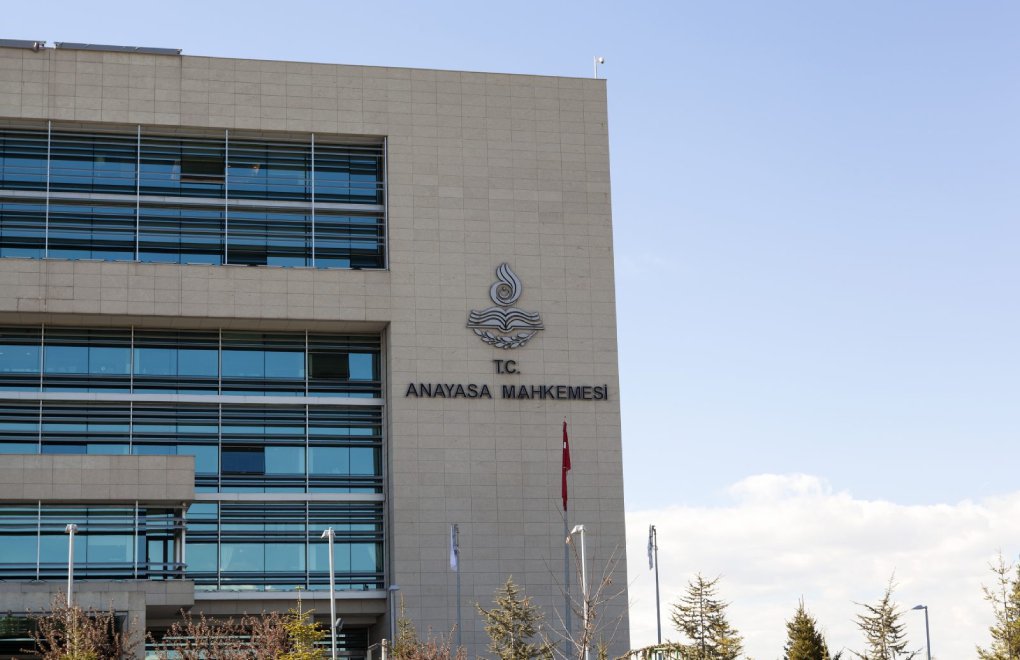Click to read the article in Turkish
The Constitutional Court has concluded nine different applications regarding the access blocks imposed by criminal judgeships of peace.
The top court has concluded that the related decisions of access block violated freedom of expression and the press.
Ruling for payment of damages, the Constitutional Court has demanded a legal amendment to prevent further violations of rights.
The Court has given 1-year time to the Grand National Assembly of Turkey to pass a law. If the legal regulation is not introduced within a year, it will give rulings of rights violation in similar applications.
500 files pending at the Constitutional Court
As reported by Fevzi Çakır from Habertürk, based on nine applications, the Constitutional Court has given an important pilot ruling. It has concluded that the access blocks imposed on several news reports by criminal judgeships of peace violated freedom of expression and press.
A copy of the ruling has been sent to the related local courts so that the violation in question can be eliminated in retrial. Moreover, the applicants will be paid 8 thousand Turkish Lira in damages each.
In its ruling, the Constitutional Court has underlined that there are several applications pending a Constitutional Court examination. Noting that rulings of rights violation can be given for all these applications and the related access blocks can be removed in this way, the top court has underlined that such a course of action will not prevent new violations of rights.
It has emphasized that in order to prevent new violations, the law - based on which the access block decisions are given by criminal judgeships of peace - should be amended. For this reason, the Constitutional Court has ruled that a copy of the ruling shall also be sent to the Grand National Assembly of Turkey, the Parliament, and to the Ministry of Justice.
Accordingly, it has postponed the review of similar applications pending before the Constitutional Court for a year so that the related legal amendment can be introduced. Around 500 applications about "access blocks" are estimated to be pending before the top court.
Recommendations for the legal amendment
The ruling of the Court has also drawn a framework of the related legal amendment. According to the Court, the scope of the procedure pertaining to access blocks should be legally and sufficiently open.
The precondition of an urgent social need should be introduced for access blocks. The limits of public authorities' interference should be put forward. Guarantees that will not lead to arbitrary practices should be set.
Access blocks should be open to the legal remedies through appeals and appellate procedures. The Court has also recommended that criminal judgeships of peace should impose access blocks as a last resort.
What is a pilot ruling?
In the event that the Constitutional Court concludes that an individual application stems from a structural problem and foresees that the related problem can be solved by other means, it gives a pilot ruling.
The top court specifies one or more files and gives a single ruling about similar applications. In this ruling, principles as to how this structural problem can be resolved are put forward. The administrative authorities are asked to resolve the problem within the framework of these principles. If the problem is not resolved within the specified period of time, the Constitutional Court examines all files and gives a ruling of rights violation.
CLICK - Full pressure on media and social media
(HA/SD)





as.jpg)




.jpg)